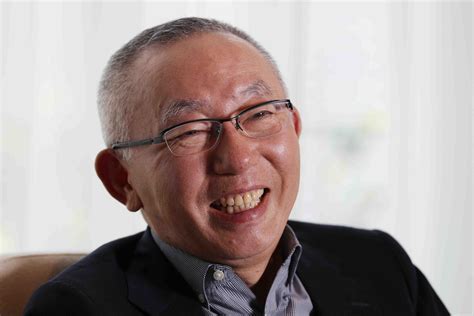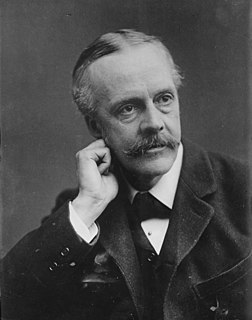A Quote by Edward Abbey
The purpose and function of government is not to preside over change but to prevent change. By political methods when unavoidable, by violence when convenient.
Quote Topics
Related Quotes
I've told the kids in the ghettos that violence won't solve their problems, but then they ask me, and rightly so; "Why does the government use massive doses of violence to bring about the change it wants in the world?" After this I knew that I could no longer speak against the violence in the ghettos without also speaking against the violence of my government.
But science is the great instrument of social change, all the greater because its object is not change but knowledge, and its silent appropriation of this dominant function, amid the din of political and religious strife, is the most vital of all the revolutions which have marked the development of modern civilisation.
Society, community, family are all conserving institutions. They try to maintain stability and to prevent, or at least slow down, change. But the organization of the post-capitalist society of organizations is a destabilizer. Because its function is to put knowledge to work - on tools, processes, and products; on work; on knowledge itself - it must be organized for constant change.
Parliamentary democracy is, in truth, little more than a means of securing a periodical change in the management team, which is then allowed to preside over a system that remains in essence intact. If the British people were ever to ask themselves what power they truly enjoyed under our political system they would be amazed to discover how little it is

































